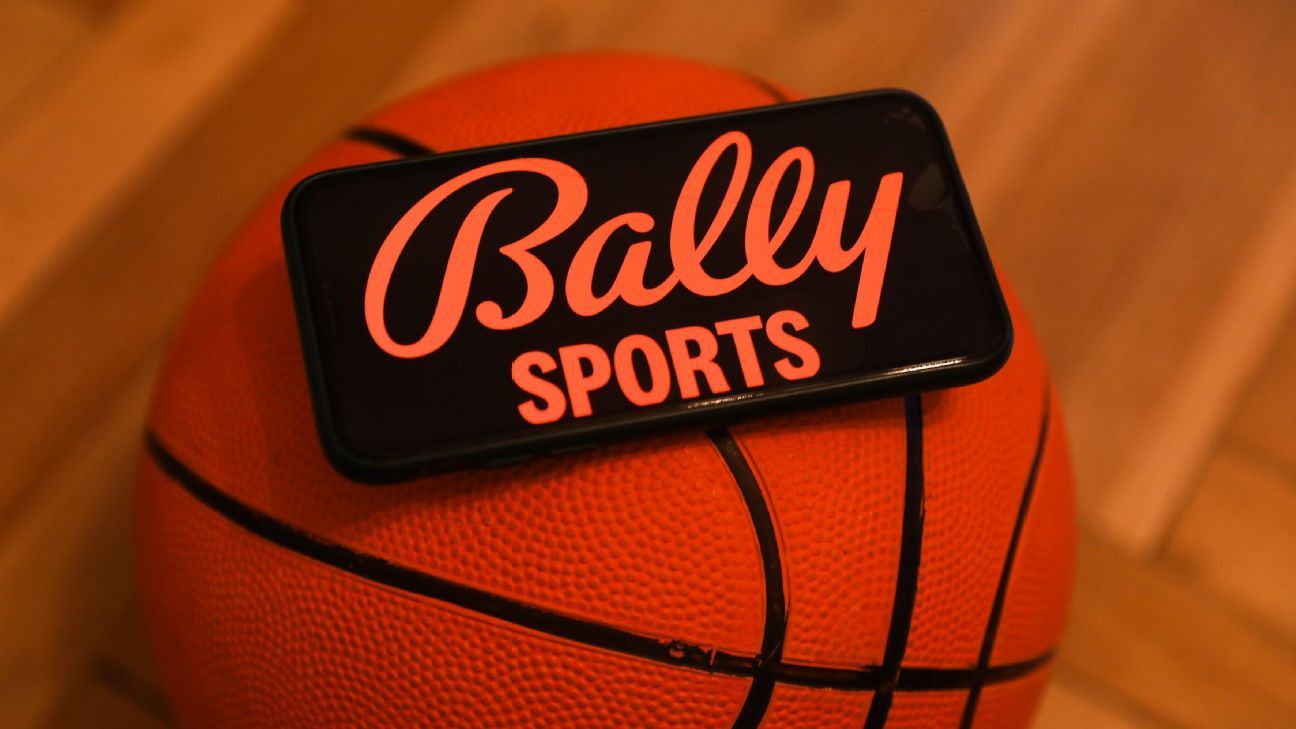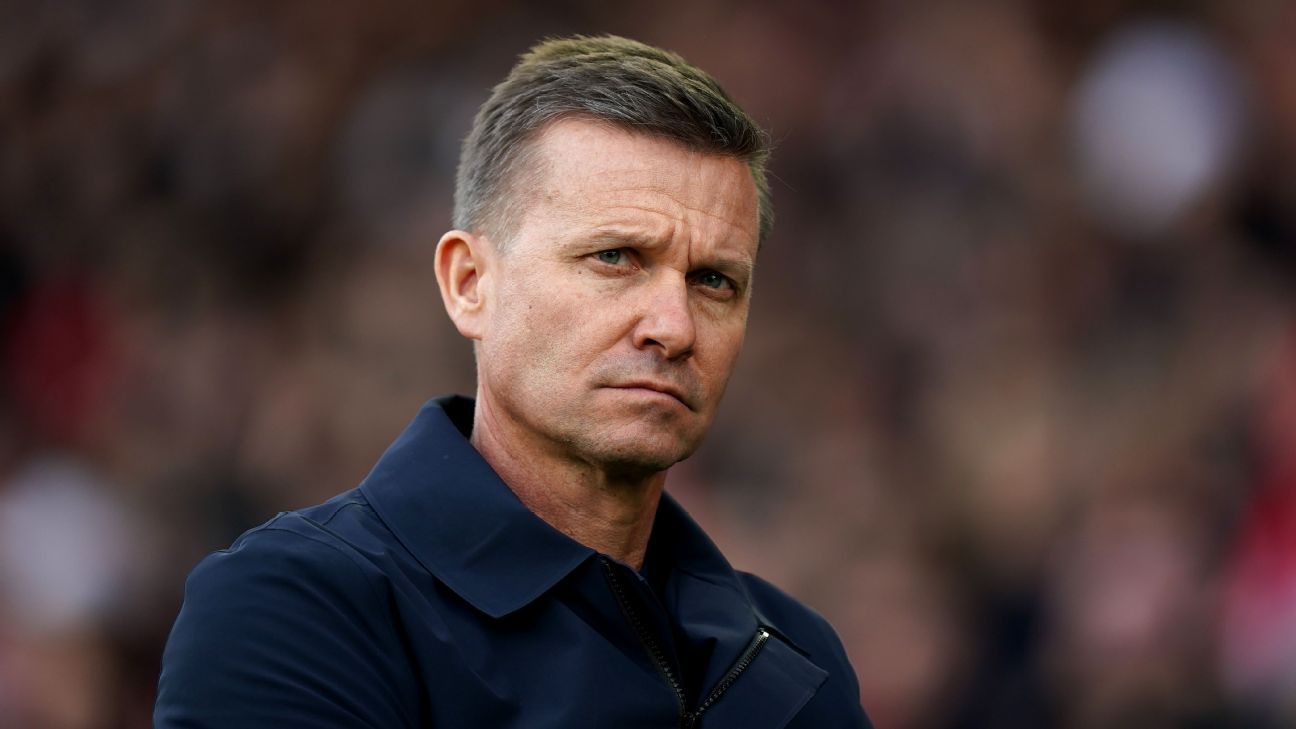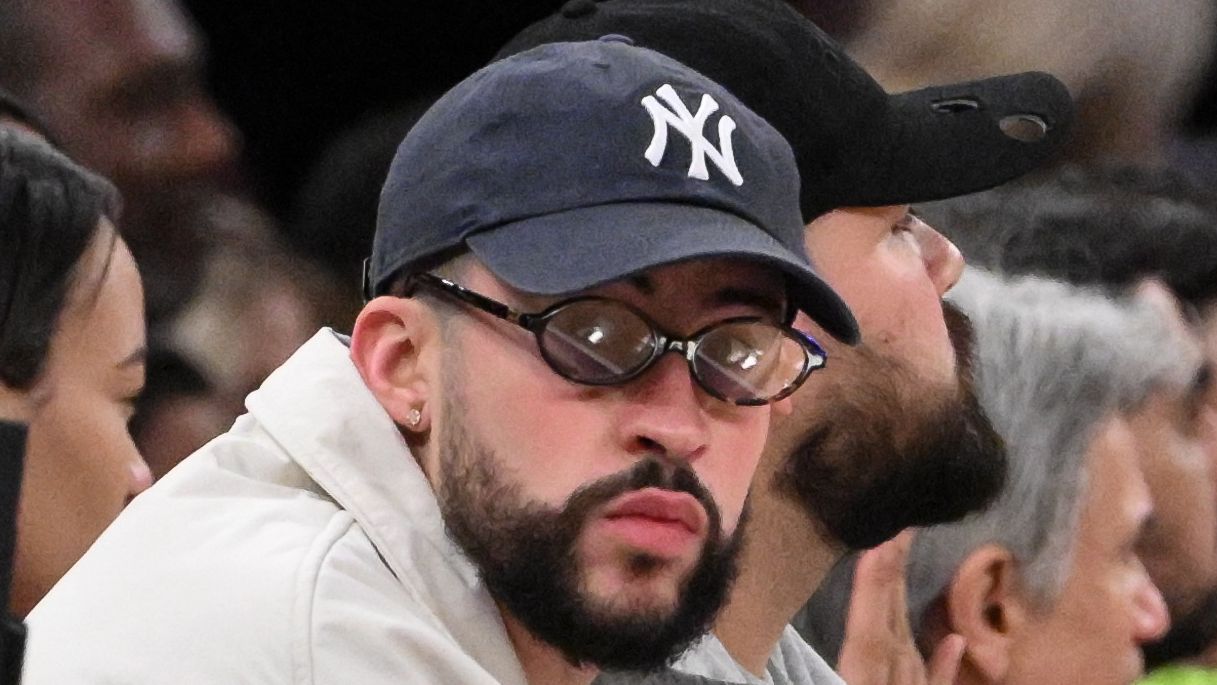What's going on with the NBA RSN situation?
Written by I Dig Sports
As the start of the NBA regular season approaches, the ongoing process of figuring out how the league's games are going to be broadcast locally across its 28 markets continues to play out.
The bankruptcy proceedings and various legal battles involving Diamond Sports Group, which operates the Bally regional sports networks (RSNs) that televise 15 NBA teams, have resulted in significant uncertainty for the upcoming season. Warner Bros. Discovery, which operated the AT&T Sports networks, exited the RSN business entirely, adding more upheaval for a handful of teams.
Still, for fans of the vast majority of the league's teams, where you watch your favorite team's games hasn't changed -- yet. However, that's not to say everything is settled as the NBA season prepares to tip off. Here's a look at all aspects of the league's television situation as it stands at this moment.
What is the state of negotiations between Diamond and the NBA?
Diamond filed for an extension for its Sept. 30 deadline to present a plan to reorganize its business as it exits Chapter 11 bankruptcy. It had already received one extension from the summer to Sept. 30, and both the NBA and NHL were hoping to have clarity on their television situations before the start of their respective seasons. That clarity didn't come, as the NHL season began on Oct. 10 and the NBA season is tipping off on Oct. 24 (the first RSN broadcasts of the regular season will come on Oct. 25).
There has been no word as to whether the latest extension request has been granted, nor how long the next extension will last if there is one. Until the league has that information, it will be impossible to properly prepare for what's next.
There is a similar legal battle going on between Diamond and several MLB teams.
So ... what will ultimately happen when Diamond's plan is presented?
Likely something along the lines of what happened with Major League Baseball, with Diamond continuing to work with the teams that it has a profitable situation with and extricating itself from the ones with which it does not. In baseball, that meant the San Diego Padres and Arizona Diamondbacks. It is unclear exactly how many NBA teams could be impacted at the moment, as much of this ultimately hinges on the outcome of this lawsuit.
In the meantime, teams are both figuring out if they'll have to receive a reduction in their fees -- and how much of one they might have to accept -- while also preparing for a local over-the-air alternative in case their RSN deal disappears.
Will people be unable to watch games?
No. The NBA insists that, like Major League Baseball did with San Diego and Arizona, it will make sure games remain on the air for fans to watch. Teams across the league are already beginning to plan for the possibility that they might need an alternative to their RSN deal, depending on how things play out with Bally's, in particular. One example of a potential alternative is Scripps Sports, which has signed deals in recent months with several teams, including the NHL's Los Angeles Kings, Vegas Golden Knights and Arizona Coyotes.
What is the NBA's long-term RSN plan?
While there are a lot of balls in the air on the RSN front for the NBA currently, the league's goal has clearly been to try to get through the next two seasons, and then give itself a chance to reset much of this landscape with a new national television deal beginning with the 2025-26 season. Baseball has been undergoing these same issues having only recently entered into its new national contract; basketball, on the other hand, can use these negotiations to take a wider look at the landscape and figure out the most holistic way to address it, which is how both the league and teams are already viewing the situation.
Which teams are still with Diamond/Bally?
Diamond currently has deals with 15 of the NBA's 30 teams: the Atlanta Hawks, Charlotte Hornets, Cleveland Cavaliers, Dallas Mavericks, Detroit Pistons, Indiana Pacers, LA Clippers, Miami Heat, Milwaukee Bucks, Minnesota Timberwolves, Memphis Grizzlies, New Orleans Pelicans, Oklahoma City Thunder, Orlando Magic and San Antonio Spurs.
What about the teams that have RSN deals that aren't with Diamond/Bally?
Of the remaining 15 teams, five of them -- the Boston Celtics, Chicago Bulls, Golden State Warriors, Philadelphia 76ers and Sacramento Kings -- have broadcast deals with local NBC Sports affiliates.
Several other big-market teams are also ensconced in comfortable deals. The New York Knicks and Brooklyn Nets are broadcast on the MSG and YES Networks, respectively, two of the strongest RSNs in the country. The Los Angeles Lakers are in the middle of a 20-year, $3 billion deal with Spectrum SportsNet. The Toronto Raptors are shown on both TSN and SportsNet, the two main national sports networks across Canada.
The remaining six teams are in more interesting situations. The Phoenix Suns and Utah Jazz are starting a new local broadcast model this season. Phoenix was with Diamond last season, while Utah was with AT&T SportsNet (more on both of them in a minute).
The Denver Nuggets have their games broadcast on Altitude Sports, the network owned by the Kroenke family, which owns the Nuggets. The distributor has been mired in a fight with several operators for years, however, making it difficult for fans to watch the team locally.
The Washington Wizards purchased their local NBC Sports affiliate and rebranded it Monumental Sports Network; it will be showing Wizards games this fall. They've also created a direct-to-consumer package for anyone who doesn't have the channel on a cable package to buy streaming rights for $20 a month, or $200 a year, to watch the Wizards, the NHL's Washington Capitals and the WNBA's Washington Mystics.
The Houston Rockets, like Utah, were with AT&T SportsNet last year, but when the company exited the RSN business, the Rockets partnered with MLB's Houston Astros and are now going to have their games shown on the rebranded Space City Home Network.
The Portland Trail Blazers, meanwhile, have their games shown on Root Sports, a Pacific Northwest RSN that is majority owned by MLB's Seattle Mariners and was in the news recently when Xfinity bumped the service to its premium tier just before the start of the NBA season.
How do Phoenix and Utah factor into this?
Both the Suns and Jazz are going from an RSN model that paid them tens of millions per season to a free, over-the-air local broadcast option that will dramatically increase their potential audience, while also pairing it with a subscription service fans can buy to give them a mobile option.
Why doesn't everyone do that?
Two reasons. One, teams still in contracts with RSNs can't just get out of them to do something else. And, two, there's a reason the RSN model has existed as long as it has: It's a much more profitable endeavor.
Take the Jazz, for example. Reports have pegged them as receiving roughly $20 million under their prior RSN deal that expired after last season with AT&T SportsNet. At the team's annual price point of $125 for a season-long subscription to Jazz+, its streaming service, it would need 160,000 people to sign up for it to match the previous revenue stream.
Still, the Jazz at least have a chance to get close to their old number, with team president Jim Olsen saying it could happen in the "medium term." Teams with a far bigger RSN number, though? It will be extremely difficult for them to ever come close to matching it.
"If you've got a team that's making $120 million from an RSN and they've got to go back their way into that, the market hasn't changed," Jazz owner Ryan Smith told ESPN in an interview last month. "So we feel super fortunate to be in a spot where we can make that jump."
Could this affect the salary cap in future years?
All of this can impact how much the salary cap potentially goes up, as its rise each year is tied to how much more money the league makes year-over-year. The latest collective bargaining agreement, however, eliminated the possibility the cap will decrease, and capped the annual increase at no more than 10%.
How does any of this impact the ongoing national television deal negotiations?
It doesn't -- at least, not directly. The two things are in totally separate buckets. However, it's not lost on anyone in the league that all of this is happening as the NBA is approaching its new national television rights negotiations, with the new agreement set to begin in the 2025-26 season and likely to include additional partners beyond the two current ones (Disney, ESPN's parent company, and Warner Bros. Discovery, which owns TNT).
At this point, it's certain many teams are going to be taking a financial hit on their local television deals between now and then. The widespread expectation is that the national deal is going to rise significantly, and thus will paper over any of the local losses being suffered.
But with the cable television industry in a serious state of flux, the NBA has notably shifted its tone on player participation in games, creating a new policy to get its star players on the court more, including fines for teams if they sit healthy players for rest. Joe Dumars, the league's head of basketball operations, said repeatedly on a call with reporters earlier this month that the NBA is going to stop the "slippage" in this area moving forward.
All of that is a sign of both the importance of showing what the national product will be moving forward, as well as shoring up any concerns that the new deal will come in at a lower number than the lofty expectations the league and its teams have had for it for some time.















 Phone: (800) 737. 6040
Phone: (800) 737. 6040 Fax: (800) 825 5558
Fax: (800) 825 5558 Website:
Website:  Email:
Email: 






